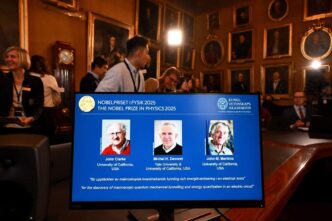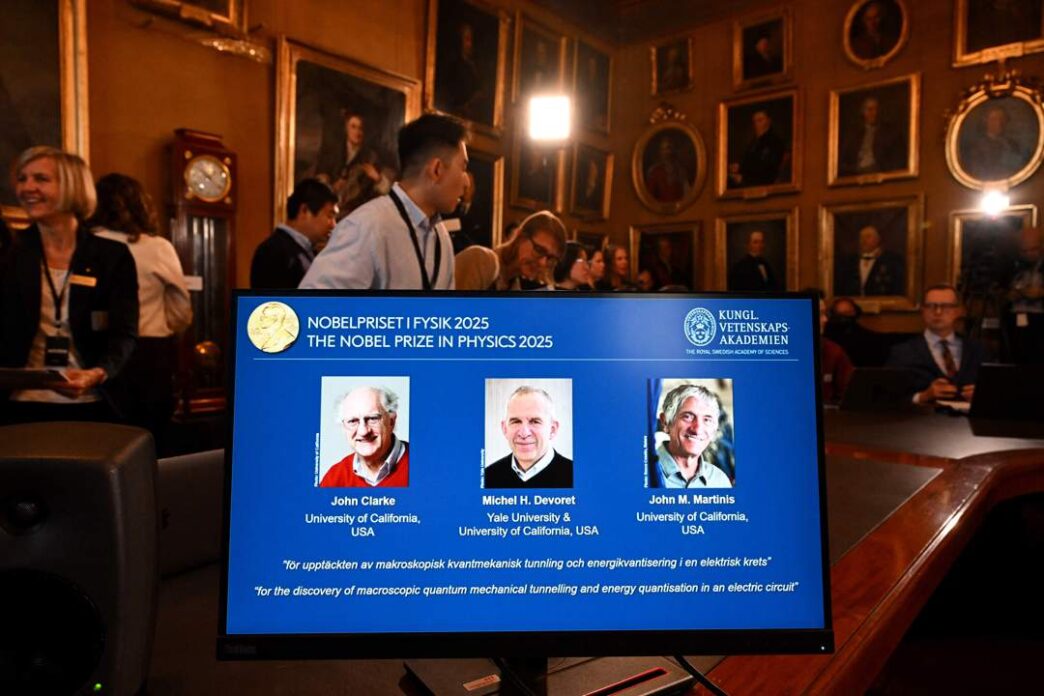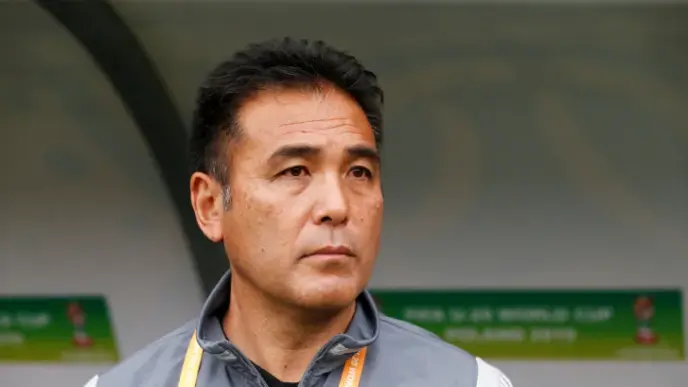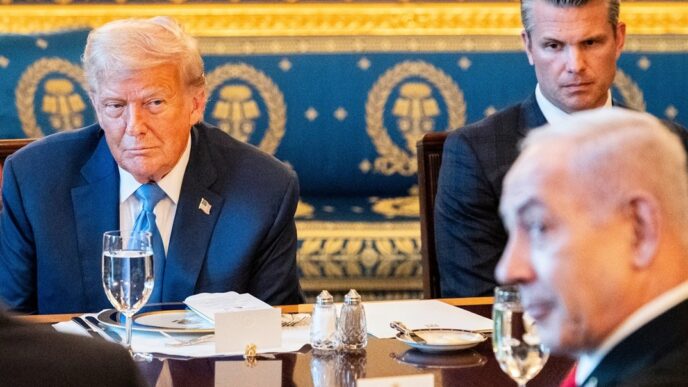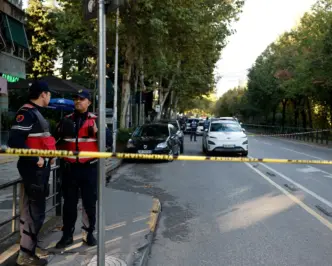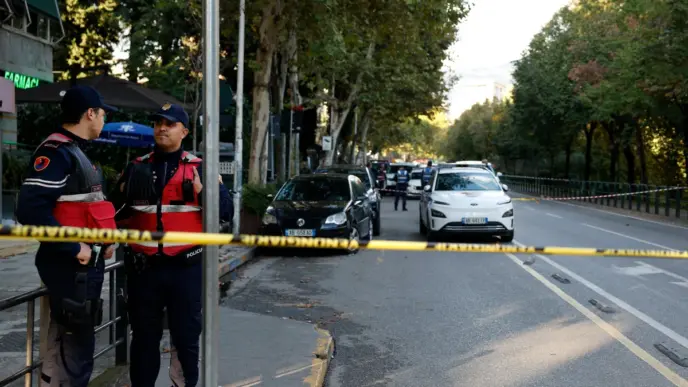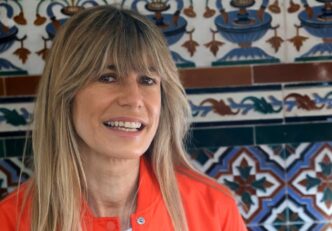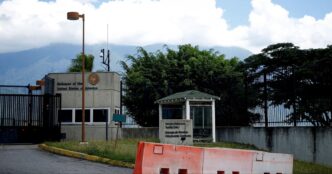British scientist John Clarke, French physicist Michel Devoret, and American researcher John Martinis were awarded the Nobel Prize in Physics on Tuesday for their contributions to the field of quantum physics, according to the Nobel committee.
The three were recognised “for the discovery of macroscopic quantum mechanical tunnelling and energy quantisation in an electric circuit,” as stated by the committee.
Quantum mechanics explains the different behaviours of matter on microscopic scales. For instance, when a standard ball strikes a wall, it rebounds. However, on a quantum scale, a particle can actually traverse through a similar barrier — a phenomenon known as “tunnelling.”
The prize awarded on Tuesday acknowledges experiments conducted in the 1980s that demonstrated quantum tunnelling can be observed at a macroscopic level, involving numerous particles, by utilising superconductors.
Through a series of experiments, the researchers exhibited that “the strange characteristics of the quantum realm can be realised in a system substantial enough to fit in the palm of a hand,” as mentioned in a statement by the Royal Swedish Academy of Sciences.
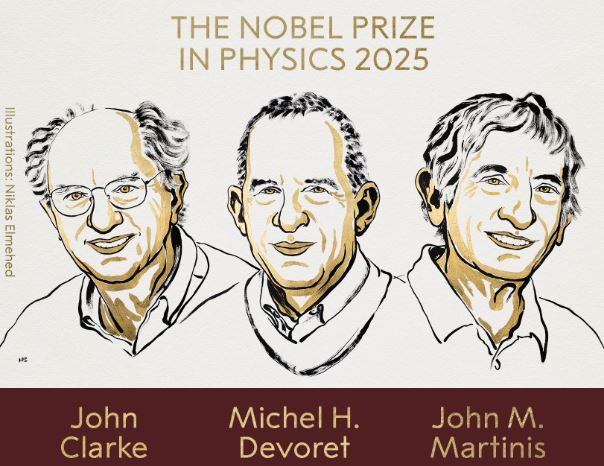
“This prize is awarded for an experiment that brings the scale up to the macroscopic scale, scales that we can understand and measure through human standards,” Ulf Danielsson, secretary of the Nobel physics committee and a professor of theoretical physics at Uppsala University.
Clarke, 83, serves as a professor at the University of California, Berkeley. Devoret, 72, holds a professorship at the University of California, Santa Barbara, and is recognised as a professor emeritus at Yale University. Martinis, born in 1958, is also a professor at the University of California, Santa Barbara.
This physics award marks the second Nobel honour of the current season.
The Nobel Prize in Medicine was presented on Monday to a trio from the US and Japan for their studies on the human immune system.
Mary Brunkow and Fred Ramsdell from the United States, along with Japan’s Shimon Sakaguchi, were acknowledged by the Nobel committee for pinpointing immunological “security guards.”
Last year, the Nobel Prize in Physics was awarded to British-Canadian Geoffrey Hinton and American John Hopfield for their groundbreaking work on the principles of artificial intelligence.
Both Hinton and Hopfield cautioned that their findings pose significant risks to society and humanity.
The Chemistry Prize will be awarded on Wednesday, the Literature Prize on Thursday, and the highly anticipated Nobel Peace Prize on Friday.
The Economics prize will conclude the 2025 Nobel season on October 13.
The Nobel Prize comprises a diploma, a gold medal, and a cash award of $1.2 million, which is shared among multiple laureates in a category.
The winners will receive their awards from Sweden’s King Carl XVI Gustaf during a formal ceremony in Stockholm on December 10.
This date marks the anniversary of Alfred Nobel’s death, the scientist who established the prizes in his will in 1896.


 Trending
Trending 
